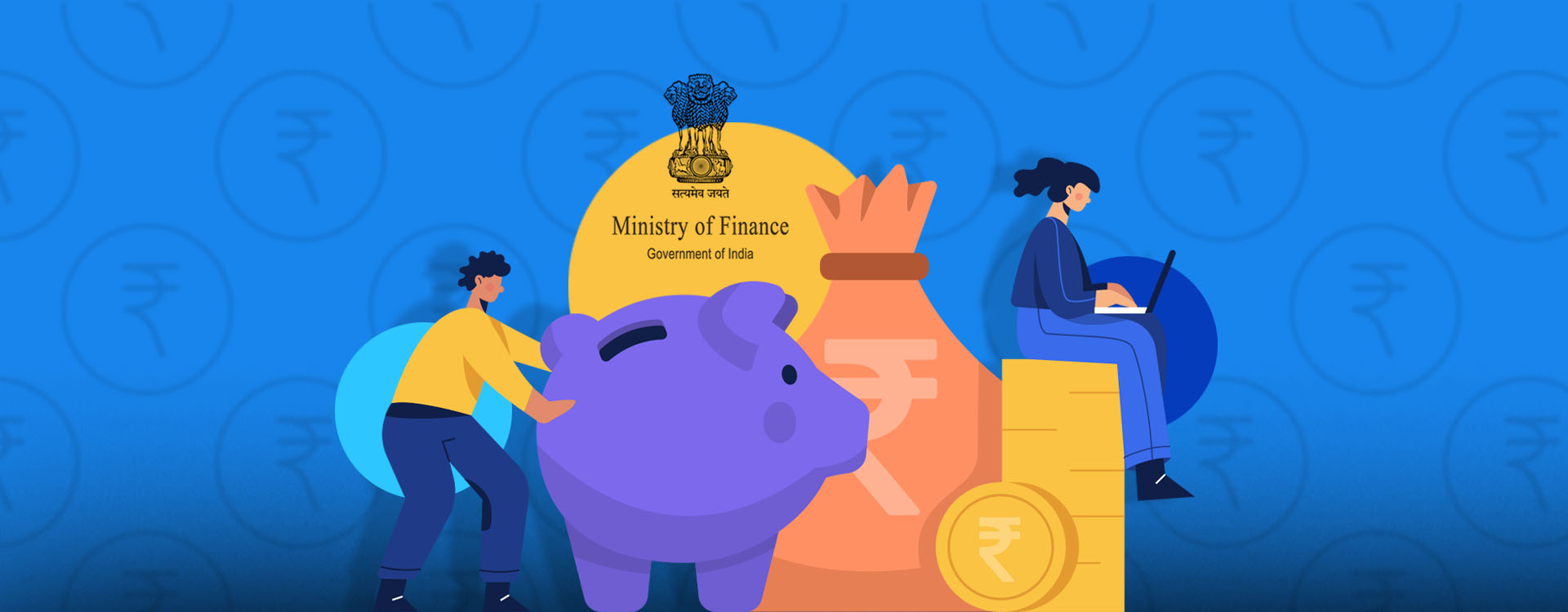In the second phase of the government-backed stimulus package, the nation’s MSMEs will be granted loans under the credit scheme to survive in the pandemic-hit economy. Industry experts have welcomed the new package but have demanded more than just bank loans; they require direct benefits for increasing cash liquidity in the long term.
One of the features announced is the decision to increase the purview of Emergency Credit Line Guarantee Scheme (ECLGS) to Rs 4.5 lakh crore. The current cap of the ECLGS scheme, announced in May 2020 as part of the Atmanirbhar Bharat Abhiyan package, is Rs 3 lakh crore.
‘‘
The stimulus package, worth Rs 6.29 lakh crore in the form of a sovereign guarantee, aims to give relief to the industry's struggling segments from the second wave of the COVID-19 pandemic.
More Credit Guarantee on Loans for MSMEs
The package includes a credit guarantee for bank loans to microfinance institutions (MFIs), lending up to Rs 1.25 lakh to 25 lakhs to small borrowers. According to the latest available data, out of the Rs 3 lakh crore, banks have already sanctioned around Rs 2.7 lakh crore and disbursed around Rs 2.1 lakh crore under the ECLGS scheme.
Under the ECLGS program, MSMEs are entitled to an additional 20% loan backed by a sovereign (state) guarantee. The additional 20% loan limit in the current stimulus package is provided through ECGLS program loans. The credit limit was earlier extended to September 30, 2021. Now, the last date of disbursement under the scheme has been extended to 31 December.
Due to a long-term economic downturn and the financial distress caused by the pandemic, the Indian economy is at its lowest point in decades. The sovereign guarantee on credit loans to MSMEs is going to ease this distress to some extent.
Sovereign Guarantee
Sovereign Guarantee is an assurance in which the government promises to underwrite businesses’ losses in the undertaking as a guarantor due to the disastrous consequences of certain events. The disastrous event, in this case, is the pandemic which has resulted in a sharp drop in companies’ creditworthiness.
What is in the Stimulus Package?
As part of the loan guarantee, banks will provide loans to MFIs at reasonable interest rates and lenders will have easy access to credit to give to MSMEs. The guarantee on loans will be provided to Scheduled Commercial Banks, new (or existing) NBFC-MFIs, or Micro Finance Institutions (MFIs), for on-lending up to Rs 1.25 lakh to approximately 25 lakh small borrowers.
The scheme will have a focus on new lending, not repayment of old loans. All borrowers (including defaulters up to 89 days) will be eligible for the stimulus package’s benefits. Affiliated Member Lending Institutions (MLI) will provide guarantee cover for funding to MFIs/NBFC-MFIs until 31 March 2022 or until guarantees for Rs 7,500 crore are issued, whichever is earlier.
How will the SME and MSME segment benefit from the stimulus package?
Primarily, India’s small business sector, which contributes the most to the nation’s economy, will get a lease on their business life due to increased financial credit and guaranteed low interest-rate security. The new stimulus package will provide the necessary credit to MSMEs and businesses in the lower rung of the economy to perform important functions like covering operating costs to keep the business going.
In addition, loans will be granted to all trusts or registered companies belonging to the MSME category. The application for the ECLGS Scheme, under which 20 per cent of additional loans can be taken, is a seemingly straightforward process. The borrower must register under GST and have an SMA-2 and NPA status. There is no fee for processing the application.
Experts have said that while the recently announced stimulus package is targeted at the areas which are the most affected by the pandemic, it relies more on loans than on direct incentives. Credit guarantee schemes have not guaranteed revival in the past (as recently as 2020) – the current economic downturn is apparent in the low GDP, high inflation and unemployment.
Generating new demand is the most effective way to stimulate the economy, and that requires an increase in consumption. To increase consumption, the government should put money directly in the hands of the people. Sectors need liquid financial support immediately, not credit expansion. It is only when people have cash in hand that they will spend it on commodities, which will increase MSMEs’ business.




